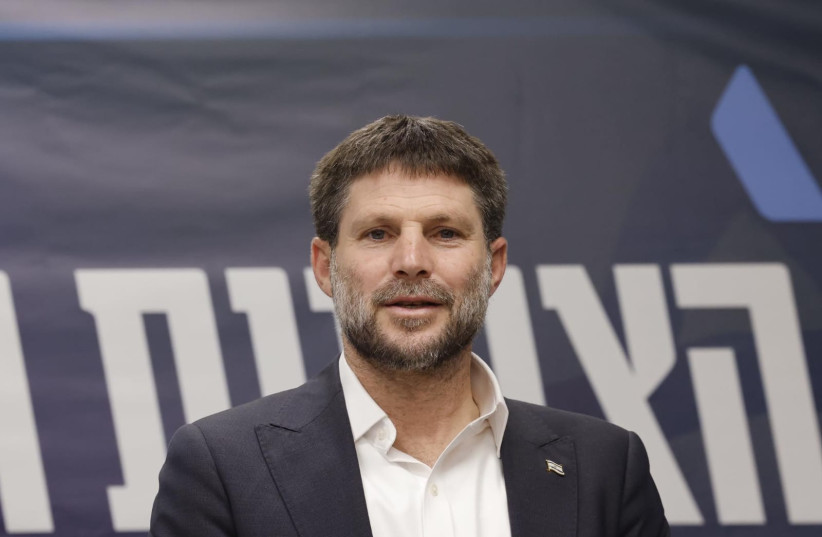Israel is committed to protecting the status quo on the Temple Mount during Ramadan, which begins on Wednesday, Foreign Ministry Director-General Ronen (Maoz) Levy told a gathering of foreign ambassadors stationed in Israel.
“Israel is committed to maintaining the status quo, freedom of worship for all and preventing any escalation, along with maintaining Israel’s right to protect its citizens,” the Foreign Ministry said in a statement after the closed-door meeting on Tuesday morning.
The Palestinians and the Jordanians fear that Israel under the government headed by Prime Minister Benjamin Netanyahu wants to change the status quo arrangement on Temple Mount, known to Muslims as al-Haram, al-Sharif.
Under an arrangement in place since the Six Day War in 1967, the site is open to visitors of all faiths, but only Muslims are allowed to worship there. Israel and the international community also recognize that Jordan has a special custodial relationship with the site, which was under its control from 1948-1967.
Right-wing politicians and activists have increasingly pushed in the last decade for Jews also to be allowed to worship at the Temple Mount, which is Judaism’s holiest site.

Muslim fears of Jewish prayer and full Jewish sovereignty over the site have often sparked violence between Palestinians and Israelis.
Israel – along with Jordan, Egypt, the Palestinian Authority and the United States – is working to prevent a violent outbreak during Ramadan, which coincides in April with Passover and Easter. Officials from all five governments, known as the quintet, held a meeting on the matter in Aqaba last month and in Sharm el-Sheikh on Sunday.
Levy said regarding Sunday’s meeting, “We are aware of the many difficulties and challenges we face. Today, a great effort is required from all of us in order to strengthen and stabilize the Palestinian arena. On the eve of Ramadan, Passover and Easter, we send a message of peace to all our neighbors and call on the international community to support stability and prosperity in our region.”
Smotrich's 'Greater Israel' map causes crisis
He spoke amid a sudden crisis between Jordan and Israel over a speech that Finance Minister Bezalel Smotrich gave in Paris on Sunday.
During the speech, Smotrich stood at a podium adorned with a graphic that looked like a joint map of Israel, Jordan, the West Bank and Gaza. The Hashemite Kingdom charged that speaking from such a podium hinted at Israeli territorial designs over Jordanian lands, a move that would be a violation of the 1994 peace treaty between the two countries. Israel has since rushed to assure the Hashemite Kingdom that it respects the country’s territorial integrity.
The Jordanians and the PA also accused Smotrich of racism for comments he made denying the existence of a Palestinian people.
In an unusual move, National Security Adviser Tzachi Hanegbi, who had represented Israel in Aqaba and Sharm el-Sheikh, spoke with Jordanian Foreign Minister Ayman Safadi on Monday. Hanegbi pledged Israel’s commitment to Jordan’s territorial integrity and to the peace treaty between Jordan and Israel. He explained that the treaty had “strengthened the stability and the security of our region for nearly 30 years.”
“I relayed to FM Safadi the important contributions made by King Abdullah in ensuring the successes of both the meetings in Aqaba and Sharm El Sheikh,” Hanegbi tweeted.
On Tuesday, US State Department Principal Deputy Spokesperson Vedant Patel said he welcomed Israel’s affirmation of the 1994 peace treaty with Jordan.
He also strongly condemned Smotrich’s comments on the Palestinians, saying they were “offensive, deeply concerning, and candidly, they are dangerous.
“The Palestinians have a rich history and culture,” and the US values its partnership with them, he added.
